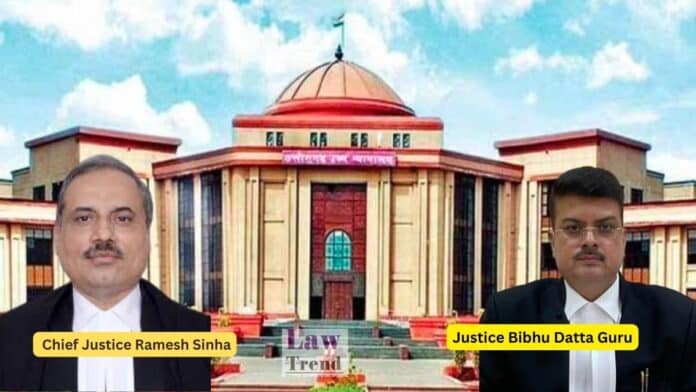The High Court of Chhattisgarh has clarified a significant legal principle under the Juvenile Justice (Care and Protection of Children) Act, 2015, ruling that a child who commits a heinous offence and is found fit for trial as an adult can be sentenced to a maximum period of three years in a place of safety.
To Read More Please Subscribe to VIP Membership for Unlimited Access to All the Articles, Download Available Copies of Judgments/Order, Acess to Central/State Bare Acts, Advertisement Free Content, Access to More than 4000 Legal Drafts( Readymade Editable Formats of Suits, Petitions, Writs, Legal Notices, Divorce Petitions, 138 Notices, Bail Applications etc.) in Hindi and English.




